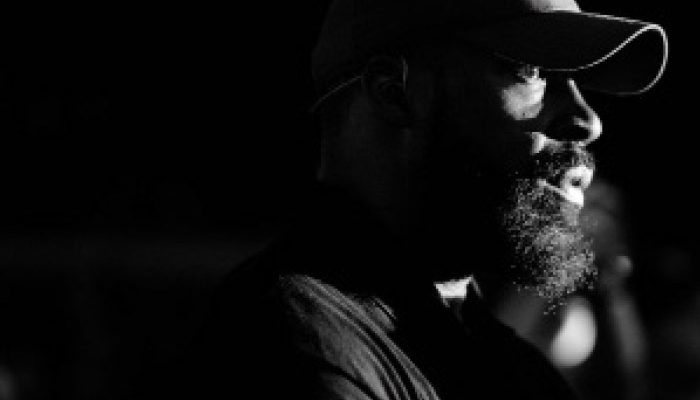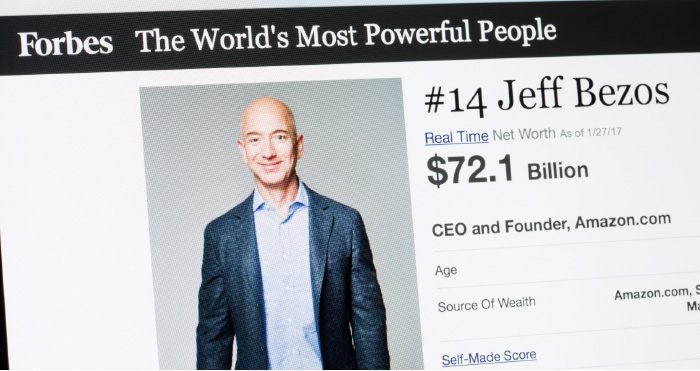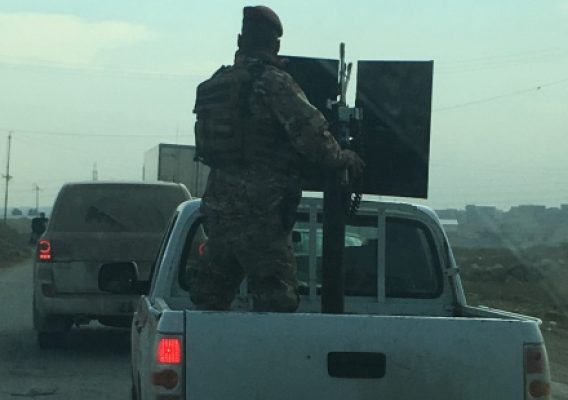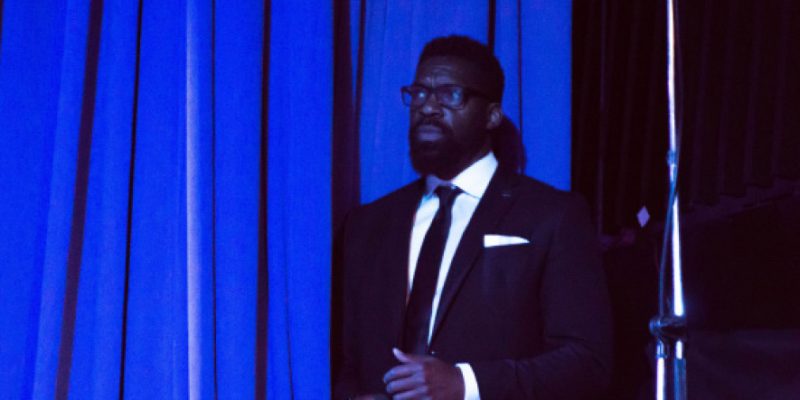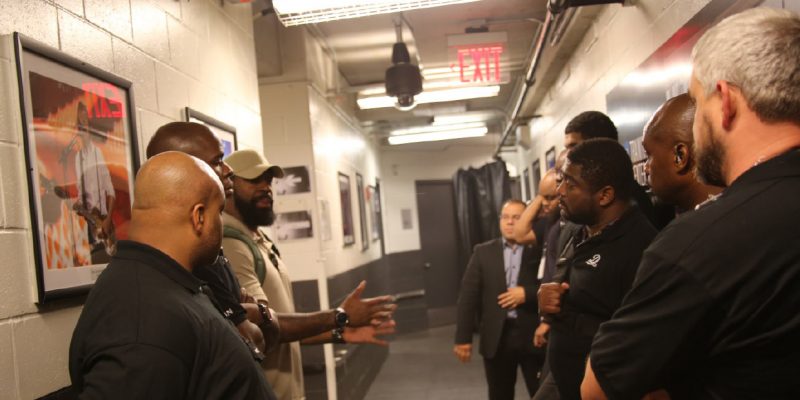What are some traits and soft skills that you have acquired from working in inner city Philadelphia that has helped you In your line of work today?
I think the number one skill I’ve learned was the ability to talk to people to get the desired outcome. In the streets, you have to have the skillset to deescalate a deadly confrontation or you have to be able to get information from an individual who never intends to speak to you. That skill does not come overnight, and there’s a lot of trial and error, but the truth of the matter is, it’s all predicated on respect for the other individual. Also, being intentional and understanding what’s at stake are major factors for success.
Keeping Your Edge – Protectors & The Recording Process
An excerpt from the best-selling book, An Introduction to Celebrity Protection & Touring by Elijah Shaw & Dale June. To get the full book, order at Amazon, Barnes & Nobles or Ebooks.com. Limited Signed Editions available at www.ArmsLengthAway.com
Almost without question, if you are a musician, the recording process is the part you love. This is where they get to be creative; it’s where they take an abstract concept and make it a sonic work of art, one that hopefully will generate revenue. While it can be hard work for the artists, for most it’s a labor of love. They have the ability to get paid and earn a living for doing what they enjoy most.
Executive Protection Realities of the Industry and the Ugly Truth
Many newcomers in the protection business have a completely different idea of what the profession is, based on what they have heard or what Hollywood tells them it is. This lack of “truth” either leaves them disappointed or leaves them vulnerable to making mistakes while on duty.
It is common in our industry to see many of our colleagues posting pictures on the internet social media sites of “selfies” taken in first-class airline seats or the client’s private jet. More selfies show them with their feet up on a suitcase claiming ‘’another flight”, or posting from 5 and 6-star hotel rooms, or fine-dining restaurants, or next to a limousine parked in front of a private jet.
Global Situation Report October, 2020
Having informed insight in today’s increasingly complex international environment is more important than ever. That’s why we’ve partnered with Stratfor, the worlds leading geopolitical intelligence platform, to bring readers regular analysis and accurate forecasting of global trends from someone you can trust.
Keeping Your Edge – Measured Responses in Tour Security – Part 3
In the previous instalments of this ongoing series, we discussed the challenges faced by Protectors who work with entertainers that spend at least some portions of their career involved in stage performances.
10 Tips to a Healthier Life as a Protector
Recently, I was having a conversation with a fellow member of the clergy about his goal of becoming a Navy chaplain. To my shock and amazement, he told me that the Navy turned him down. When I asked ‘why,’ my friend admitted that it was because he had failed to meet the Navy’s physical fitness […]
Executive Protection Fail – Jeff Bezos
The tabloid said it had evidence that Bezos has been “whisking his mistress off to exotic destinations on his $65 million private jet.
“Jeff Bezos is the founder of the online retailer Amazon and one of the richest people in the world. He has just made public that he will be getting divorced from his wife of 25 years after an extra marital affair was made public, that’s his personal business… The divorce could cost him 50% of his wealth including his stocks in Amazon, which could lead to control issues for the company and shareholders, this is company business… Again, someone’s personal life has gotten them and their company into big trouble!
Three Keys to EP Success
As such, I always tell them that starting out in a career in EP can be challenging, more than likely it’s going to be slow going at first. The reasons for this are plentiful, some within your control and some that are not. The good news is that as I look around the industry, a greater number of specialists are entering our craft and being hired with greater frequency. Having said that, critical mistakes are also being made with nearly as much frequency.
It’s as if some have thought that because you have gone through your initial training and exceled, that you are immediately qualified to be the body man next right next to the Principal. Not true. There are many variables as to an agent’s success or defeat in EP. The keys discussed in this article are what work for me, and I hope by the end of the article you can put them to use as a tool for you as well.
Stalkers and Super Fans – When Does Being A Fan Go Too Far?
Have you ever noticed how we throw around words nonchalantly, without a giving a second thought as to their perceived meaning?
How many of us use the word “fan” on a daily basis, possibly without realizing that the word is derived from the word “fanatic”. Webster’s Dictionary defines a fanatic as a person who is extremely enthusiastic about, and devoted to, some interest or activity. In the entertainment world, fans are a necessity, because if there are no fans, there is no one to buy the tickets, the music, the books, movies, or the merchandise. In essence, without fans, there is no celebrity. Fans are however, not limited to the typical entertainment realm of musicians and actors, politicians, company executives, news personalities, and even private citizens can also attract their own set of fans in today’s society.
On the Ground in Iraq – A Medics Experience
In the early days of ‘private contractor’ work in Iraq following the end of the war in 2003, medics were generally unregulated and unregistered, most being ex RMAs (now CMT1s) who had left the military and qualified as HSE Offshore Medics. Some had not done any ‘civilian’ courses but were hired on the strength of their military qualifications and experience; the guys would generally operate as firstly a PSD team member/operator, and secondly as a team medic. In those days the drugs and equipment carried by the medics was very limited; generally, FFDs, quick clot, blast bandages and if you were lucky some morphine auto injectors, Paracetamol and Ibuprofen.
Image Projection – It’s a Psychological Advantage
The term ‘Image Projection’ refers to the tactic of presenting yourself as an Alpha personality in order to discourage a confrontation.
In short, dressing like an Alpha personality prompts respect from people (men and women) and makes you look like a hard target (psychologically).
Counter-Ambush Tactics for Security Professionals – Part 2
The first two of these tenets involve soft skills which are sometimes referred to as Protective Intelligence (PI) and include situational and tactical awareness skills (route analysis and surveillance detection). The third tenet, Defend, requires hard skills such as the use of firearms and security driving. These hard skills may be required if we were unable to prevent or avoid an attack, and we end up in a situation where we have to survive an ambush. Continuing where we left off in Part One, we will finish covering some of the soft skills involved in Protective Intelligence and then move on to discuss the hard skills.
Industry News
We cast our eye over the main stories impacting the security industry. Here’s what’s appeared on the radar since the last issue.
Keeping Your Edge – Measured Responses in Tour Security (Part II)
These challenges can take the form of unintentional harm coming by way of a prop, stage equipment, or something as simple as a slip and fall caused by a long dress and high heels.
Whenever we can, we as Protectors must try and anticipate, correcting or counteracting the occurrences that can cause this harm. This is usually done during the Site Advance at which time we do a walk-thru of the areas that the VIP will be visiting, in this scenario, the stage. It is at that time we will perform a visual inspection of the stage and the props, go hands-on with items the Protectee might come into contact with, such as the guard railing, and enlist the help of experts to answer questions that are beyond our realm of expertise, such as how the overhead lights are connected to the scaffolding.
The Fallacy of the Individual Bodyguard
It was the height of British military and government involvement in the ill-fated NATO-led effort to crush the Taliban, and Kabul was inundated with people needing close protection services. From diplomats attempting to build infrastructure and civil institutions to corporate honchos sniffing out potential business opportunities, there was no shortage of clients for security firms to pitch. As my conversation with the in-country manager progressed, I broached the subject of IBGs – individual bodyguards. I told him in no uncertain terms that the idea of having an individual effectively carry out the functions of a close protection team was utter and absolute flannel. His response: “Maybe, Bob. But it brings in the dollars!”
Defining Professionalism in the Personal Protection Industry
Not because there is less work out there, in fact, the opposite is probably true. With global threat levels at an all-time high, there is more work in the security industry now than there ever has been and the security industry is booming, but it’s harder to find work because there are now thousands more so-called ‘qualified’ CPOs chasing after every position. It is a fact that most licensed operators have never actually done a day’s close protection work in their lives. At the time of writing this article, there are over 14,000 valid, UK, CP licences. Yes, over fourteen thousand people in the UK currently have a license to operate as a Close Protection Officer.
Social Media & Social Management
Social media can quickly become all things to all people meaning that one can find exactly what they’re looking for at any time, anywhere, and at the stroke of a key, or swipe of a computer screen. However, the technology can also work against you when someone is negligent in their use or management of it.
Deciding How To Start Your Career In Close Protection
Who, when initially looking for a close protection course, tried to find the cheapest course and quickest route possible to your badge? Who researched their training provider and checked out all the credentials and qualifications of their instructors?
Who doesn’t intend to do any other training until they find at least some work to pay back their initial training costs? Who, reading this, has attended an ‘accredited’ training course but has actually never yet done a day’s work as a designated protection officer? I could go on, but well… you get the picture!
The Tour Security Venue Security Interface
Starting out, I was one of the guys that didn’t take the job too serious. However, it was while working in the field, I felt my “calling,” and noticed that here was an opportunity for me to grow in the industry and use my position and access to branch out to create a bigger platform for myself. One thing I can say is as it relates to touring, when musical acts come to town, I see them face the same challenges time and again. As such, I thought it might be appropriate to share some insights that may make life a bit smoother for the next individual or team.
Keeping Your Edge – Measured Responses in Tour Security (Part I)
Spend any significant amount of time providing protection for entertainers involved with stage performances, and you will likely encounter one of this segment of the industry’s biggest headaches, the stage crasher.
The motivation for these individuals comes in various forms, some are “super fans” who see getting on the stage with the celebrity as the ultimate form of expression of their loyalty and support. They often refer to it as a once-in-a-lifetime opportunity, and despite common sense, the threat of ejection, arrest, or sometimes worse, they still needed to make the attempt.
